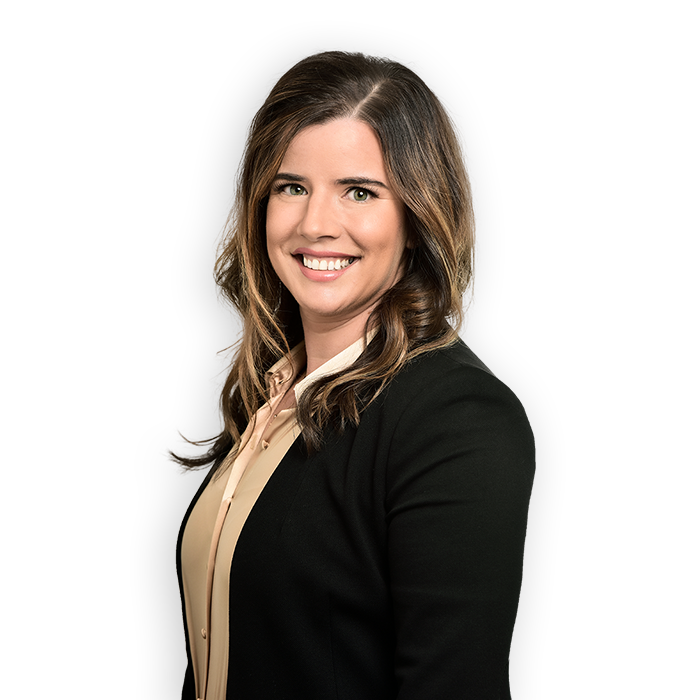Section 1135 Waivers Issued Following President’s Emergency Declaration

Following President Trump’s declaration on March 13 of a national emergency as a result of the COVID-19 pandemic, the Centers for Medicare and Medicaid Services (“CMS”) issued a COVID-19 Emergency Declaration Health Care Providers Fact Sheet which details a number of blanket 1135 waivers[1] that temporarily relax certain Medicare, Medicaid, and CHIP regulations, including but not limited to:
- certain requirements for skilled nursing facilities, such as the requirement for a 3-day prior hospitalization for coverage of stay;
- requirements that out-of-state providers be licensed in the state where they are providing services when they are licensed in another state (for Medicare and Medicaid).
- requirements that allow acute care hospitals to house acute care inpatients in excluded distinct part units (where the distinct part unit’s beds are appropriate for acute care inpatients), as well as similar requirements related to care for excluded inpatient psychiatric unit patients and excluded inpatient rehabilitation unit patients in the acute care unit of the hospital;
- requirements for Critical Access Hospitals to limit number of beds to 25 and that the length of stay be limited to 96 hours;
- requirements regarding qualifying length of stay for long-term care hospitals where the hospital admits or discharges patients to meet the demands of the emergency;
- requirements related to timeframes related to OASIS Transmission for Home Health Agencies; and,
- timelines related to Medicare appeals in fee-for-service, Medicare Advantage and Part D.
The blanket waivers also provide for expedited, temporary Medicare enrollment and waive certain screening requirements.
The Secretary of the Department of Health and Human Services (“HHS”) Alex Azar also issued additional blanket waivers on March 15 (Waiver or Modification of Requirements Under Section 1135 of the Social Security Act (backdated to March 13)), which waive or modify the following:
- certain conditions of participation, certification requirements, program participation or similar requirements for health care providers (including hospitals);
- EMTALA sanctions for the direction or relocation of an individual to another location to receive medical screening pursuant to an appropriate state emergency preparedness plan or for the transfer of an individual who has not been stabilized if the transfer is necessitated by the circumstances of the declared Federal public health emergency for the COVID-19 pandemic;
- certain Stark Law sanctions “under such conditions and in such circumstances as the Centers for Medicare & Medicaid Services determines appropriate”;
- certain HIPAA Privacy Rule regulations for a 72-hour period following the implementation by a hospital of its disaster protocol, including requirements to distribute a notice of privacy practices and to obtain a patient’s agreement to speak with family members or friends (HHS has posted additional guidance regarding the HIPAA waiver); and
- requirements that physicians and allied health professionals hold licenses in the state in which they provide services, if they have an equivalent license from another state (and are not affirmatively barred from practicing in any other state).
Each of these waivers and/or modifications is available only to providers that, in good faith, are unable to comply with such requirements as a result of COVID-19, and “to the extent necessary, as determined by [CMS], to ensure that sufficient health care items and services are available to meet the needs of individuals enrolled in the Medicare, Medicaid and CHIP programs.” The scope of some of these waivers/modifications is not entirely clear without further guidance from CMS, so providers should continue to monitor for further developments.
The waiver applies nationwide and while it technically took effect on March 15 as of 6:00 p.m., it applies retroactively to March 1, 2020, for a period of 60 days (subject to extension by the Secretary) or for the duration of the COVID-19 national emergency (whichever is earlier), with the exception of the HIPAA Privacy Rule waiver (which, as noted above, applies only for 72 hours following a hospital’s implementation of its disaster protocol).
Finally, if a provider believes a blanket waiver is insufficient to meet its needs, the provider can submit a request to operate under an individual Section 1135 waiver. The request can be made by sending an email to [email protected] (the CMS Regional Office for Western Consortium).
A number of states have submitted waiver requests and, to date, HHS has approved Section 1135 waivers for Washington and Florida. All approved waivers will be posted on Medicaid.gov’s Federal Disaster Resources page. CMS has also stated that it is working on policies related to the Conditions of Participation that will address many waiver requests the agency has received to date.
For further information, please contact Alicia Macklin or Nina Adatia Marsden in Los Angeles, Katrina Pagonis or Andrea Frey in San Francisco, Amy Joseph in Boston or your regular Hooper, Lundy & Bookman contact.
[1] It is important that providers review the waivers and corresponding guidance documents carefully to understand their import and application. Providers should also keep in mind any applicable state laws still in effect, such as state health privacy laws or licensure requirements.


